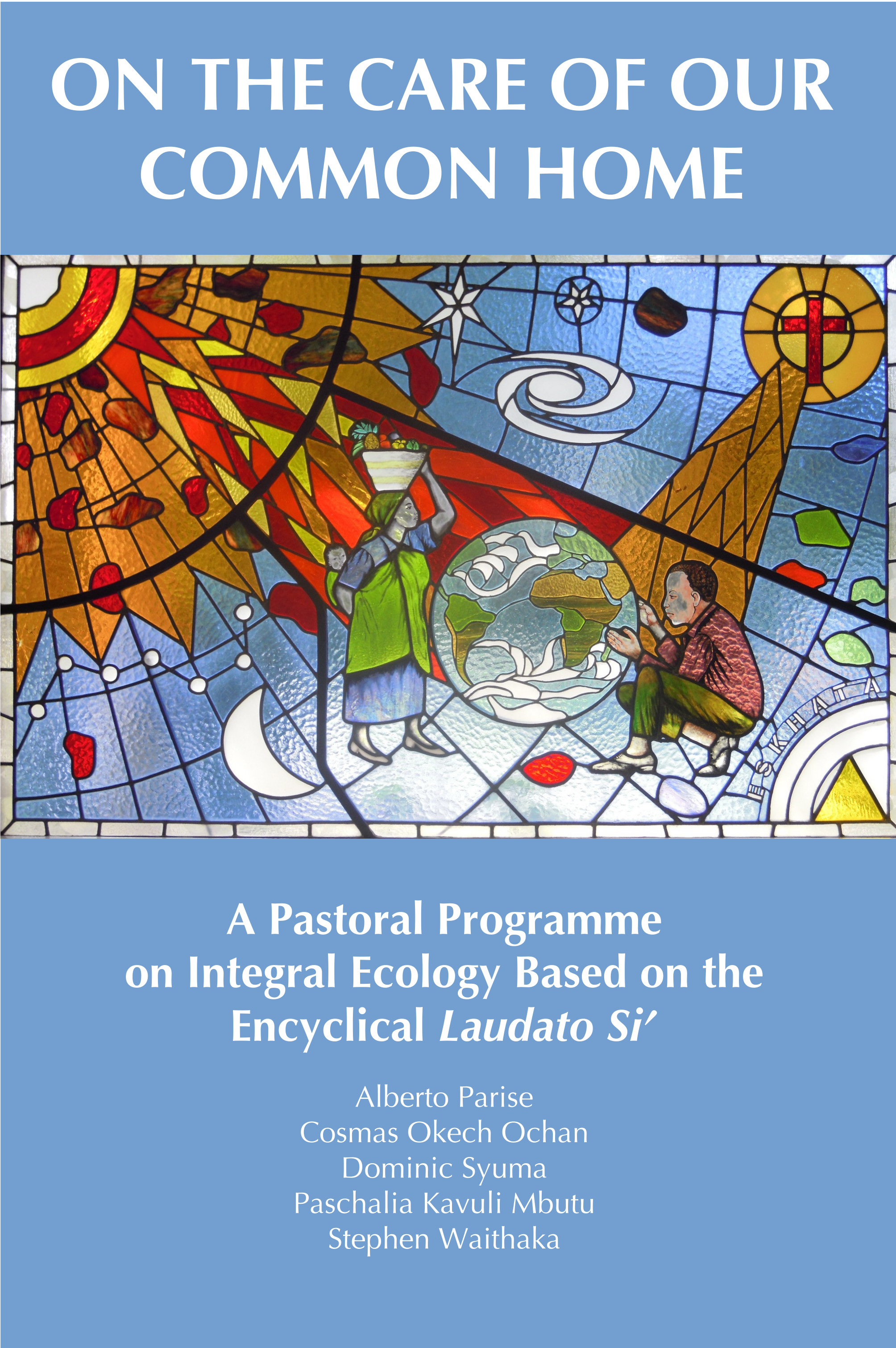The XIX General Chapter not only committed to joining the Laudato Si’ Action Platform (LSAP), but actually gave several other specific guidelines in accordance with the Laudato Si’ Goals (LSGs). That means that such a commitment is an integrated, organic one, not just an isolated point among many others. Joining the LSAP thus becomes a strategic initiative for implementing the substance of the Chapter Acts 2022. We see this first of all in the missionary dream expressed by the Chapter (CA 2022, 28):
We dream of a missionary style more inserted into the reality of the peoples we accompany towards the Kingdom, capable of responding to the cry of the Earth and of the impoverished. A missionary style that is also characterized by simpler lifestyles and structures within intercultural communities where we witness fraternity, communion, social friendship and service to local Churches through specific pastoral care, ministerial collaboration and shared pathways.
Here we find an explicit reference to LSG 1 and 2, which are also echoed in CA 2022, 29:
We allow ourselves to be called upon by the magisterium of Pope Francis (EG, LS, FT, QAm) to respond to the cry of Mother Earth and of the men and women of our time, in communion with the Church and faithful to our missionary vocation ad gentes and ad pauperes.
In this case, we also see the connection with LSG 5 and 6 (ecological education and spirituality), emphasizing the connection of ecological conversion with the spirituality and charism of the Institute (cf. CA 2022, 14.2):
Actualize the Comboni charism to responding to the signs of the times, to the cry of Mother Earth and the poor (LS 49), and to renew the option for the excluded, animated by the magisterium of Pope Francis expressed in the encyclicals Laudato Si’ and Fratelli Tutti.
and the concrete commitment to (CA 2022, 29.1-3):
= Encounter, be informed and study the situations of injustice, local and global.
= Study the documents of the social teaching of the Church and promote theological reflection on these realities, in the light of the Word of God.
= Integrate the JPIC dimension in our ministries as a transversal element of the mission, in communion with the local Church, with the courage to be a prophetic voice, capable of denouncing injustices.
The dream also explicitly refers to LSG 3 and 4 (cf. simpler structures and lifestyle). In particular, the following commitments are highlighted:
= Promote the development of an ecology-sensitive economy, embracing the criteria of the circular economy (CA 2022, 41), which implies, among other things,
> To adopt a sober, simple lifestyle guided by ecological criteria according to the context in which people live, both on a personal and community level. (CA 2022, 41.1);
> Investing in community work and Circumscriptions, promoting forms of cooperation with the people to generate a fraternal and transforming economy. (CA 2022, 41.2)
= Hold ongoing formation meetings on biblical-theological foundations, communion economy, and the vow of poverty (CA 2022, 40.6), a fundamental educational aspect to motivate and support the commitment to an ecological economy and simple lifestyle.
= Introduce the practice of the Accountability Report (CA 2022, 39.4) as a tool to live responsibly and report an alternative and sustainable economic model.
LSG 7 is comes into play through pastoral service. Our specific – charismatic – contribution to community resilience and empowerment takes the form of making common cause with the people we live with, valuing their initiative, their capacity to give, and their participation in the missionary journey, avoiding paternalism and our protagonism (CA 2022, 42). This means, on the one hand, paying attention to the living situations around us, avoiding indifference and mobilizing the local community in response to human needs; on the other hand, we need structures appropriate to the social context in which we live, useful for improving the people’s lives (CA 2022, 42, 1-2).
All this must be lived in the style of collaborative ministry, aware of our smallness and limitations, yet convinced that we can contribute in the context of local movements and networks engaged for justice, peace, and the integrity of Creation (CA 2022, 33 and 33.4-5).
To this reflection at the Institute level, some other considerations at the local level can be added, which the Comboni communities are called to make to discern and motivate their commitment.




